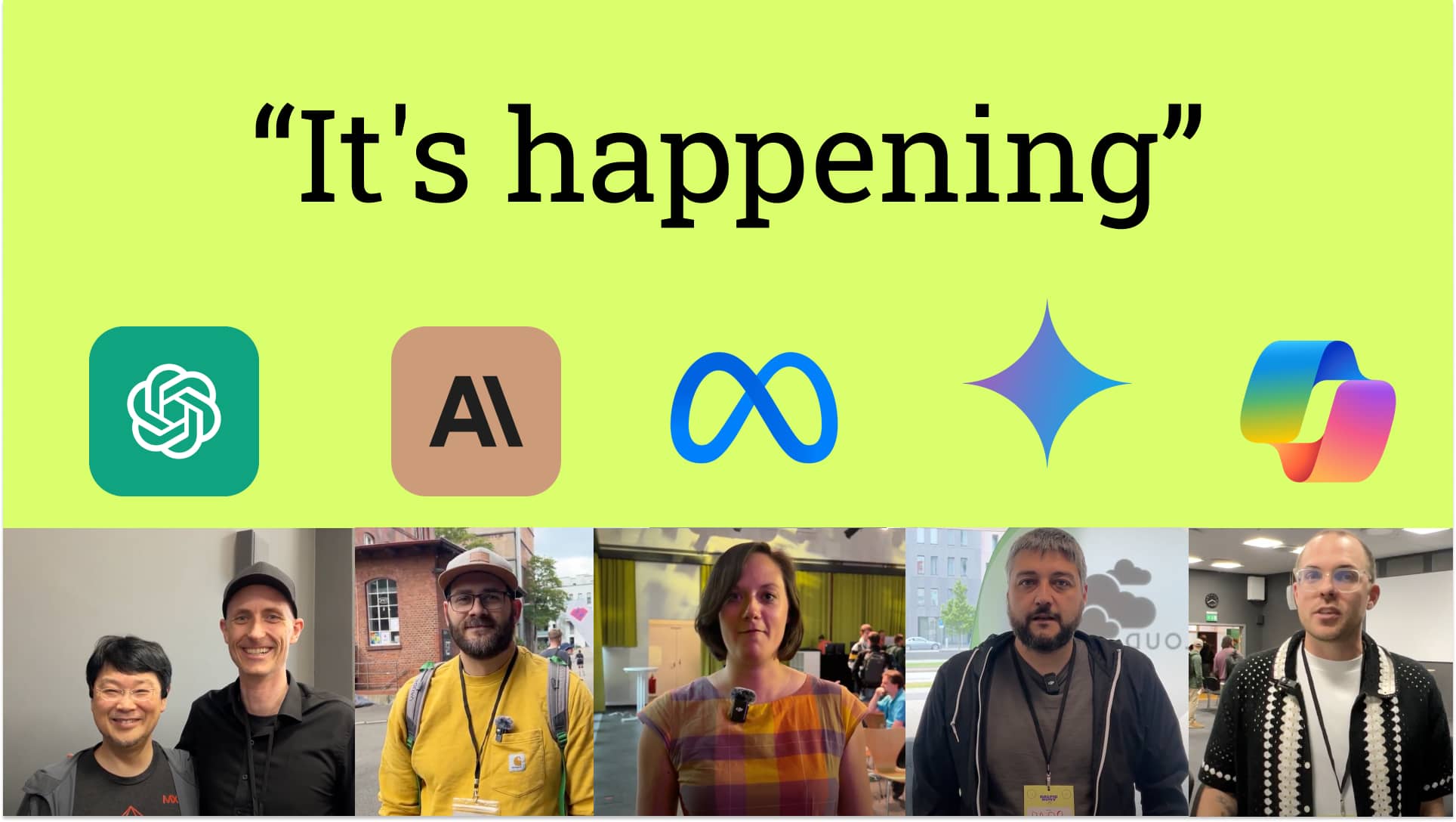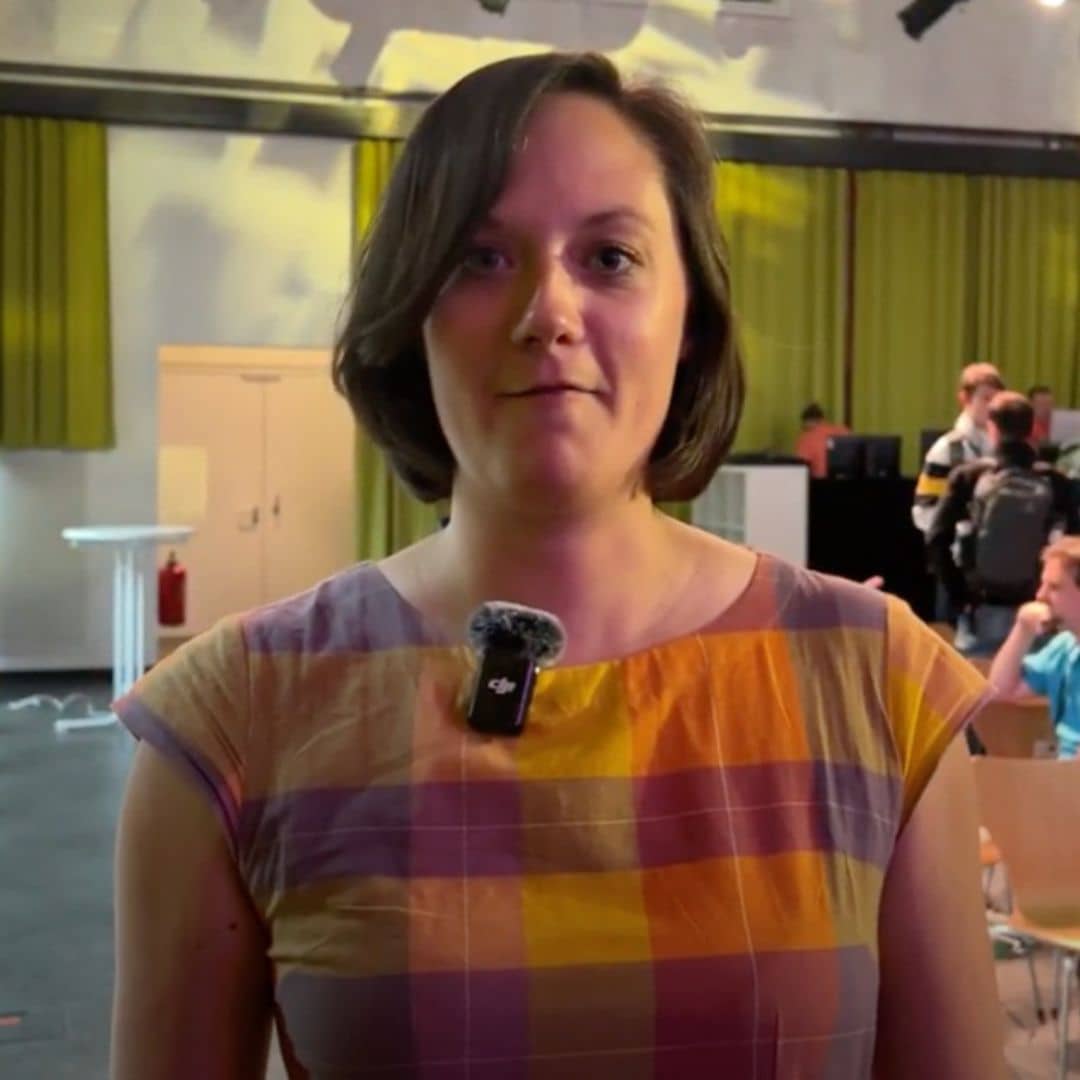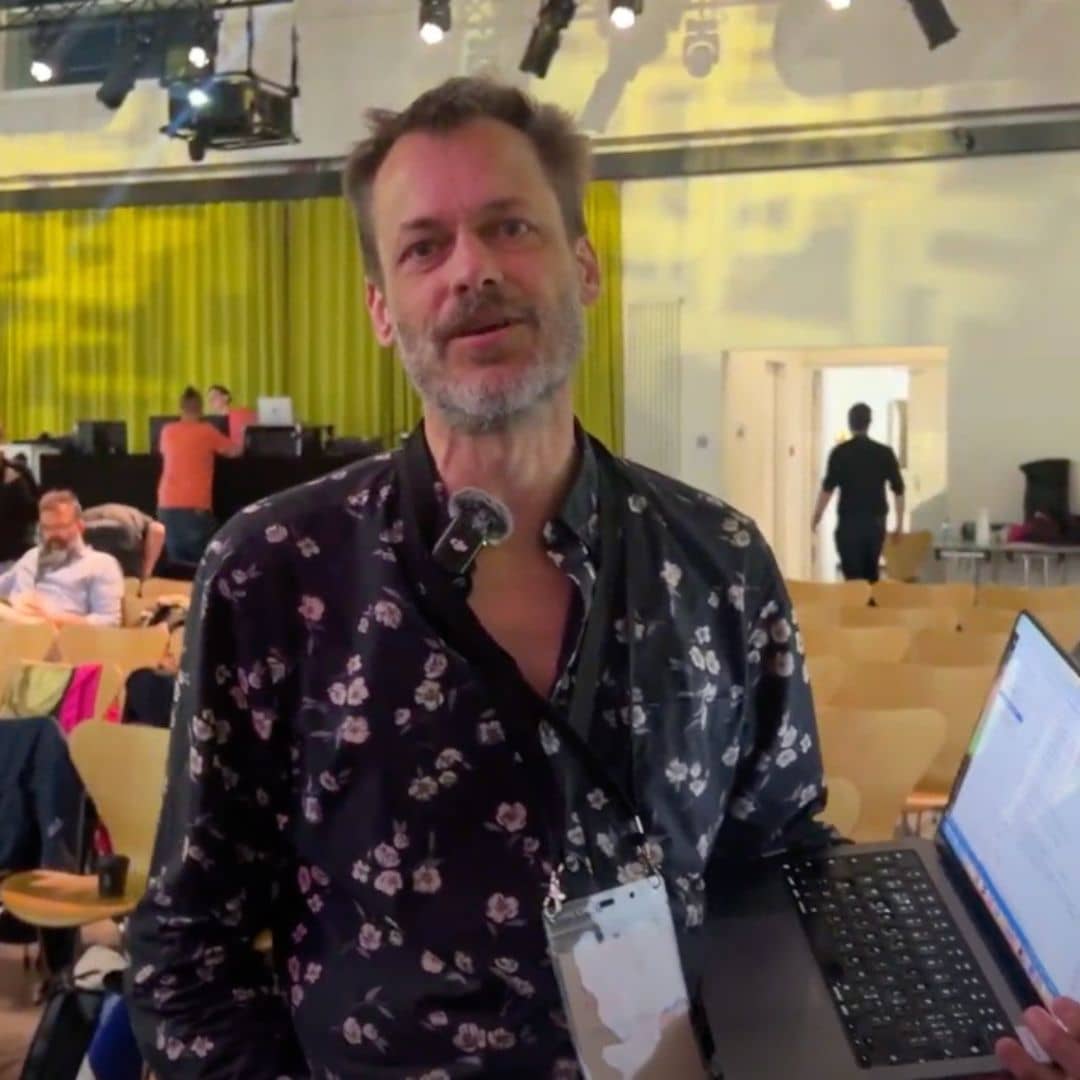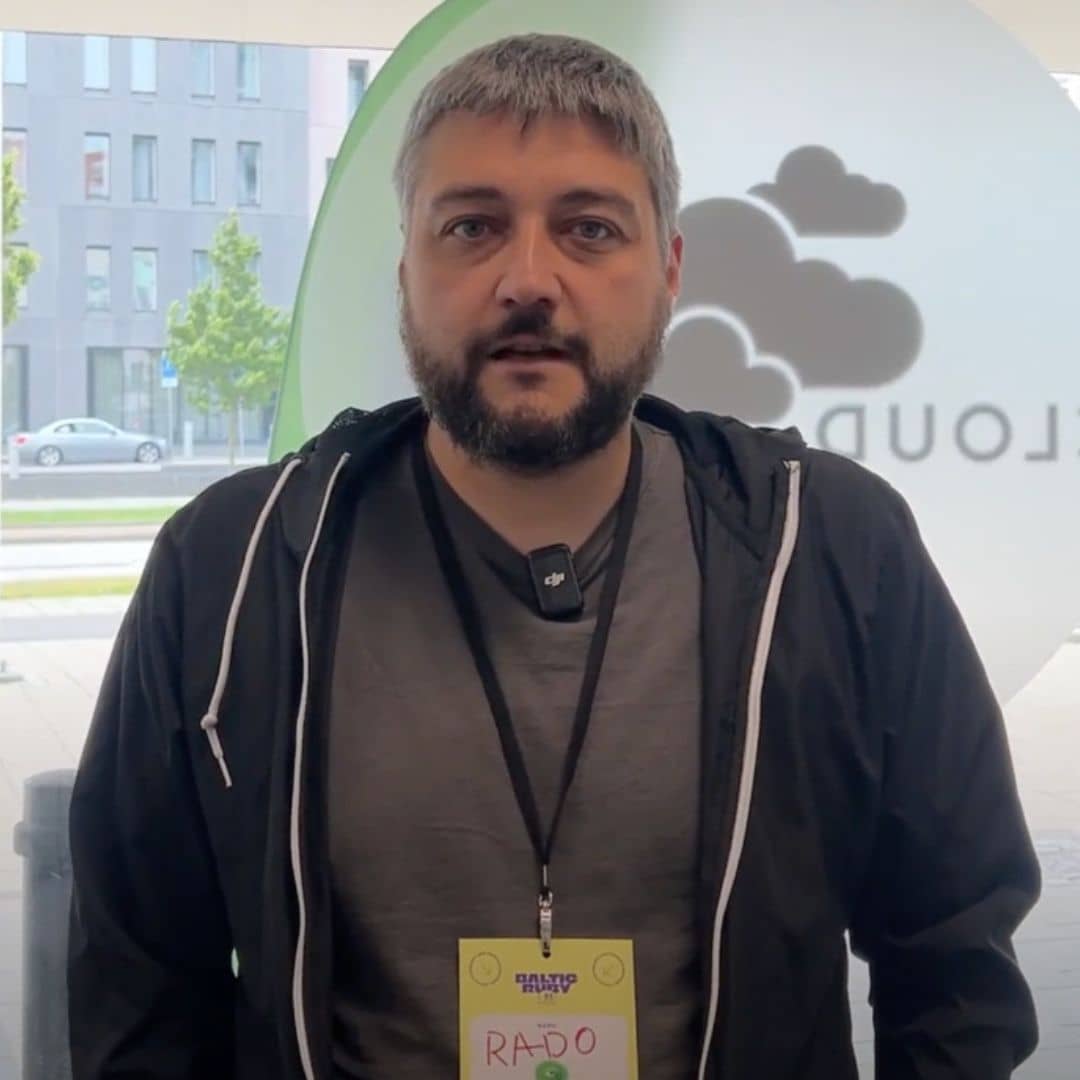How AI Will Change Software Engineering (2024)

In June 2024 I went to two ruby conferences in Europe. Therefore I had access to a lot of brilliant people:
- Senior Engineers
- Architects of important packages
- Rails core contributors
Given the rise of AI lately, I wanted to know: how will software engineering change in the future?
My name is Till Carlos and here on this channel, I document how my team builds software products. And today we’re going to talk about AI and how it will affect programming in the future.
Let’s go through the insights I gathered from these industry experts:
Eileen M. Uchitelle, eileencodes.com

Key Takeaways: Less space for coders who are not curious
Eileen painted a future where mediocrity has no place. She emphasized that while AI will handle the mundane tasks, human programmers need to level up. “We all need to be more curious,” she stressed, highlighting the importance of understanding the inner workings of systems. Her words serve as a wake-up call for developers to continually challenge themselves and dig deeper into their craft.
Lorin Thwaits, @lorint

Lorin’s perspective offers a counterpoint to the AI hype. His work involves such complex, deep-level programming that AI often falls short. This insight suggests that while AI will undoubtedly change the landscape, there will always be a need for human expertise in tackling the most challenging problems in software engineering.
Moritz Kroger, CTO at Sapiens Germany GmbH

Key Takeaways: AI will take over. Traditional programming will be obsolete.
Moritz’s view is both exciting and slightly unsettling. He believes AI will revolutionize how we translate business needs into software solutions. However, he also acknowledges that the depth of understanding that comes from years of experience in the field is something AI can’t easily replicate - at least not in the next decade.
Jan Krutisch, @halfbyte

Key Takeaways: Not afraid, but focused on market effects
Jan offers a fascinating analogy, comparing the current AI boom to the dot-com era. He sees AI as building a new kind of infrastructure, much like how the internet boom laid the groundwork for services like Netflix. His perspective suggests that we’re in a preparatory phase, setting the stage for even more powerful AI that can leverage this new infrastructure. It’s a reminder that while change can be disruptive, it often paves the way for innovations we can’t yet imagine.
Henning Thies, henning-thies.de

Key Takeaways: It’ll be awesome!
Henning’s enthusiasm is contagious. He sees the current moment as an exciting opportunity to shape the future of programming. His blog, AI-on-rails.com, is definitely worth checking out for those interested in the intersection of AI and Ruby on Rails. Henning’s positive outlook reminds us that with great change comes great opportunity for those willing to embrace it.
Sebastian Korfmann, @skorfmann

Key Takeaways: Smaller teams, bigger scopes
Sebastian highlights a trend that’s already becoming apparent: AI enabling smaller teams to tackle larger, more complex projects. He draws an interesting parallel to test-driven development, suggesting that AI might allow us to focus more on the boundaries and overall architecture of our systems, rather than getting bogged down in implementation details. This could lead to a significant boost in productivity, allowing developers to accomplish much more in less time.
Radoslav Stankov, rstankov.com

Key Takeaways: Like Autocomplete in 90s. Step change, but we won’t be obsolete.
Rado offers a grounded perspective, likening the impact of AI to the introduction of autocomplete in the 90s. It’s a reminder that while new technologies can significantly change how we work, they often enhance rather than replace human capabilities. His view suggests that while AI will undoubtedly change the landscape of software development, it won’t render human developers obsolete.
Stephen Margheim, fractaledmind.github.io

Key Takeaways: Shift towards solution architecture
Stephen envisions a future where programming becomes more abstract, focusing on high-level solution architecture rather than low-level implementation details. He draws an intriguing parallel to Docker, where developers can define what they need without necessarily understanding all the inner workings. This shift could lead to more efficient development processes, but also highlights the continued need for engineers who can build and maintain these abstract frameworks with precision.
The insights from these experts paint a complex but exciting picture of the future of software engineering.
What’s your prediction for the future of programming with AI?
